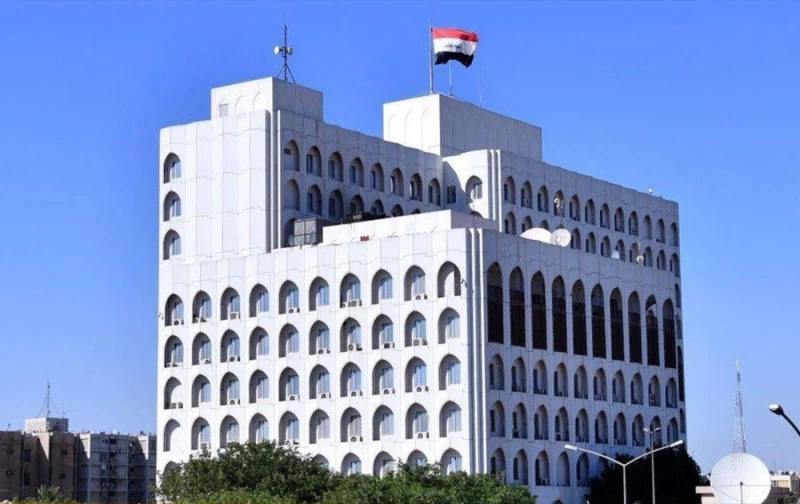Iraq's Ministry of Communications signed an agreement on Thursday with the Saudi STC Gulf for a new submarine cable project, marking the third deal of its kind under the current government.
Minister Hayam al-Yasiri highlighted the strategic importance of the project in boosting Iraq's internet capabilities both domestically and internationally.
During a press conference, Yasiri disclosed that “the contract involves Gulf Cable, a Saudi-owned subsidiary of FCC, and Iraq's General Company for Telecommunications and Informatics. The submarine cable, set to be landed at Iraq's Faw Station, aims to enhance internet capacities and facilitate internet capacity marketing.”
The minister underscored the project's role in reinforcing Iraq's geographic position and success in international communications, notably increasing transit volumes to over one terabyte in recent months through the country.
Yasiri acknowledged citizen dissatisfaction with current internet services, stressing the government's commitment to digital transformation necessitating faster connectivity.
She noted the prevalence of Wi-Fi and tower-based internet delivery due to previous economic and security challenges, highlighting their limitations in meeting demands for high-speed internet.
In early June, Yasiri announced plans to gradually phase out Wi-Fi (tower-based) services and transition to Fiber-to-the-Home (FTTH) technology in Baghdad and other provinces where fiber optic networks are operational.
At the time, Yasiri urged citizens to switch to fiber optic services, citing their superior speed, high quality, and subsidized pricing compared to the slower Wi-Fi internet offerings. She emphasized that these strategic changes aim to significantly improve internet connectivity across Iraq.
She expressed optimism about ongoing negotiations with potential operators and the rapid progress of related procedures, expected to be disclosed in the near future.
Recently, Kurdistan Region's Minister of Transportation and Communications Ano Jawhar Abdoka also announced significant strides in expanding internet access, reaching 400,000 households through a fiber optic initiative in the region, underscoring broader efforts to enhance national connectivity.



 Facebook
Facebook
 LinkedIn
LinkedIn
 Telegram
Telegram
 X
X


